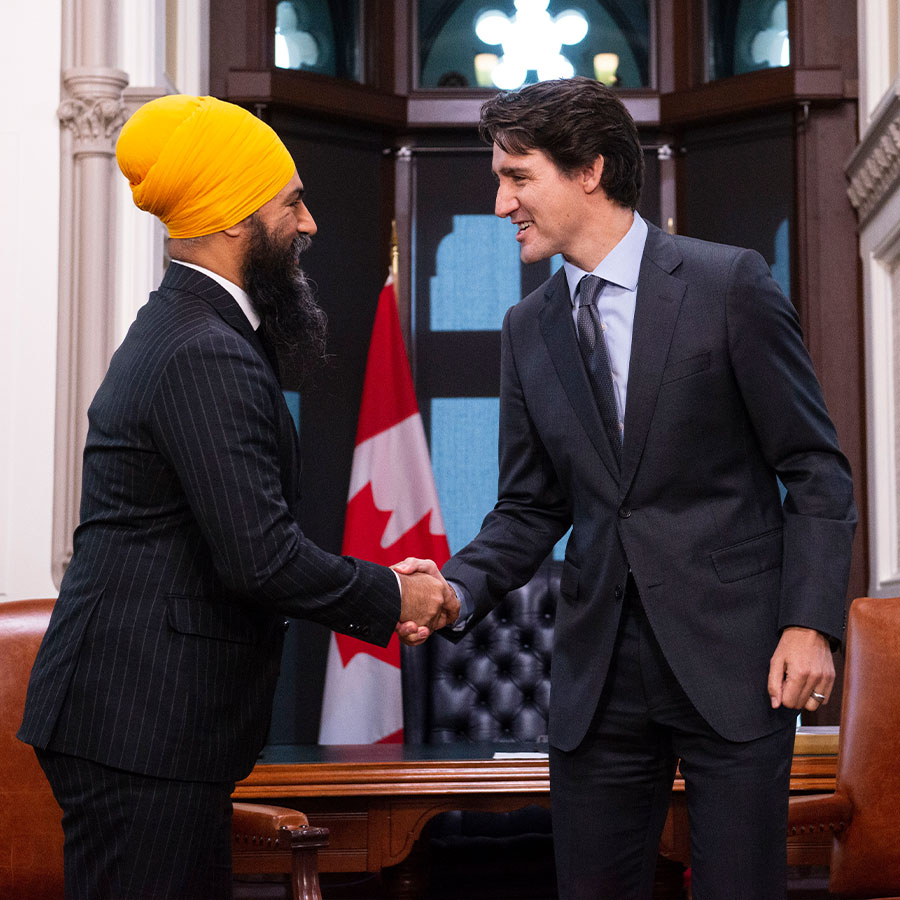
The NDP's withdrawal marks a pivotal shift in Canadian politics. Since 2022, the NDP had maintained a confidence-and-supply agreement with the Liberals, ensuring support on key votes in exchange for progress on shared priorities such as national dental care and pharmacare programs. However, in September 2024, the NDP terminated this agreement, accusing the Liberals of failing to deliver on healthcare reforms and affordability measures. Singh stated that the Liberals had "let people down" and were "too weak, too selfish and too beholden to corporate interests" to fight for Canadians.
The political landscape has further shifted with the resignation of Finance Minister Chrystia Freeland on December 16, following policy disagreements with Trudeau. Freeland's departure has intensified scrutiny of Trudeau's leadership, with opposition parties and some Liberal members calling for his resignation. Conservative leader Pierre Poilievre remarked that Trudeau had "lost control, yet clings to power," while Bloc Québécois leader Yves-François Blanchet declared, "the Trudeau government is done."
Public opinion reflects growing discontent with Trudeau's administration. Recent polls indicate a significant lead for the Conservative Party, with a 20-point advantage over the Liberals. Economic challenges, including housing crises and impending U.S. tariffs proposed by President-elect Donald Trump, have exacerbated the government's unpopularity. The proposed 25% tariffs on Canadian products threaten to double the unemployment rate, adding to the economic strain.
The upcoming no-confidence motion, supported by the NDP, Conservative Party, and Bloc Québécois, poses a substantial threat to Trudeau's government. If the motion passes, it could trigger an early election, potentially leading to a Conservative victory. The Liberals, facing internal dissent and external pressures, may struggle to present a unified front. Some party members have urged Trudeau to step down to allow for new leadership ahead of a potential election.
Trudeau's options are limited. He could resign, prompting the selection of an interim leader until a formal leadership convention is held. Alternatively, he might seek to delay the no-confidence vote by proroguing Parliament, though this could further alienate both the public and his party. Maintaining support from other parties appears unlikely, given the NDP's and Bloc Québécois's stated intentions to support the no-confidence motion.
